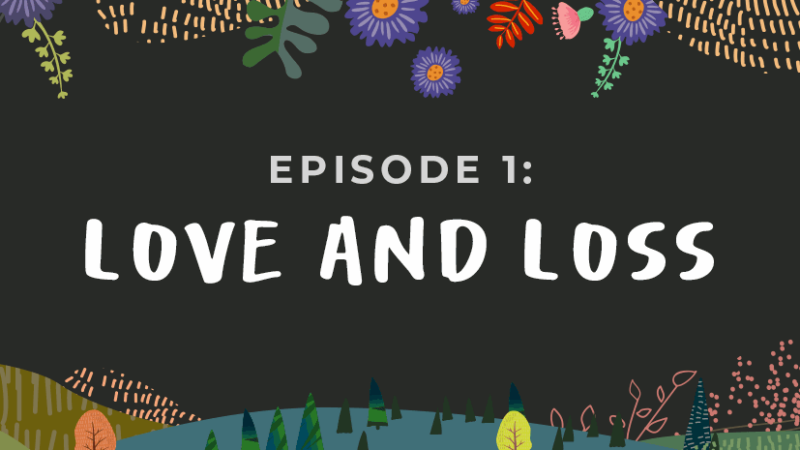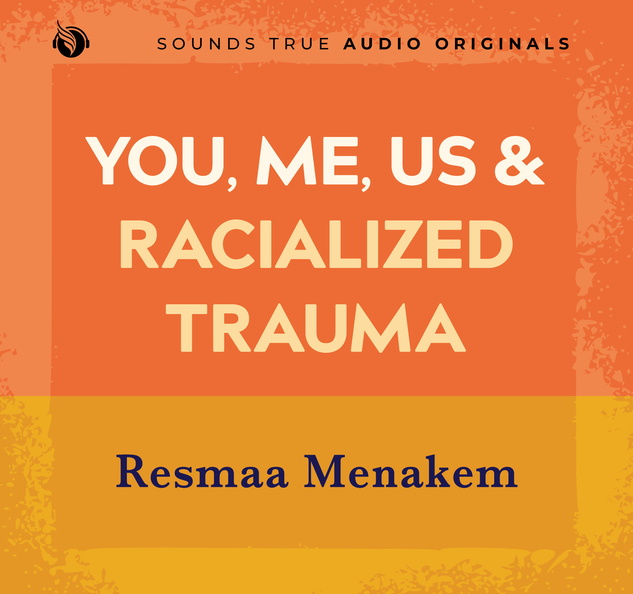
You can’t stop the waves, but you can learn to surf. – Jon Kabat-Zinn
Resilience is our capacities innate in the brain to cope skillfully with both everyday disappointments and extraordinary disasters. Resilience is foundational to our well-being, to a sense of safety and ease in our world.
And because these capacities are innate in the brain, hardwired in by evolution and developed and strengthened by experience, resilience is fundamentally learnable and trainable. We can develop the neural pathways in our brains that allow us to cope with anything, anything at all, and to learn that we can.
Resilience is more than any one particular trait like grit or perseverance.
Resilience is the process of adapting well in the face of adversity, trauma, tragedy, threats, or significant sources of stress.
– American Psychological Association
This process relies on the neuroplasticity of the brain—also innate, fortunately also lifelong—to grow new neurons, connect those neurons in new pathways, to create new circuitry that can reliable support new patterns of response to life’s stressors, whether:
Barely a wobble – we misplace our car keys and wallet two minutes before we have to dash out the door to go to work, but find them on the kitchen counter and we can re-center ourselves again fairly quickly.
Glitches and heartaches – the more serious sorrows and struggles that break our hearts and sometimes our spirits—we or someone we love loses a job, or loses a relationship, or loses a home, or loses health, or loses hope.
Too much – experiencing overwhelm when too many crises pile on top of each other—we get a diagnosis of lung cancer the same day a pipe bursts and the kitchen gets flooded, the same week we’re having to place an aging parent in a nursing home. We can feel like we’re drowning and about to go under, resilience completely derailed, at least temporarily.
No matter what level of disruption to our well-being, we can learn how the brain develops new pathways of resilience, and even rewires old pathways when our habitual patterns of coping no longer work so well. And because we can learn, because we can choose the experiences that will strengthen those circuits of resilience in the brain, we have a responsibility to ourselves and the people we care about to learn to do so.
Mishaps are like knives, that either cut us or serve us, as we grasp them by the blade or the handle.
– James Russell Lowell
We strengthen our resilience by strengthening capacities of five different “intelligences” in the brain:
1. Somatic intelligence: using body-based tools of breath, touch, movement, and visualization to restore the baseline physiological equilibrium of the nervous system, the brain’s range of resilience that primes the neuroplasticity of the brain for learning and growth.
- Examples:
- permission to sigh
- hand on the heart
- equanimity for two
- moving the body from collapse to empowerment
- imagining a conversation with a compassionate friend
- forest bathing
2. Emotional intelligence: learning to manage powerful surges of disruptive emotions and cultivating the positive emotions that antidote the built-in negativity bias of the brain, shifting the functioning of the brain out of contraction and reactivity into more receptivity and openness. The direct, measurable cause-and-effect outcome is resilience.
- Examples:
- self-compassion break
- recovering from a shame attack
- sharing kindness
- gratitude for the web of life
- savoring the moment
- doing one scary thing a day
- creating a wished-for outcome
- resting in well-being
3. Relational intelligence within ourselves: cultivating the self-awareness, self-acceptance, and self-appreciation that recover the inner secure base of resilience that is the best protection we have against stress and trauma.
- Examples:
- carrying love and appreciation in your wallet
- deep listening to core strengths
- cultivating the wiser self
- dialogue between the wiser self and the inner child
- lovingkindness for even unlovable parts
- meeting with the inner critic
4. Relational intelligence with others: being able to trust other people as both refuges and resources when we’re going through hard times. Recovering the skills that make that possible.
- Examples:
- moments of meeting
- monitoring the rhythm of resonant relating
- reaching out for and offering help
- creating a circle of support
- comfort with closeness and distance
- communication without shame or blame
- negotiating change
- setting limits and boundaries
- repairing a rupture
- navigating us vs. them
- dismantling the drama triangle
- forgiveness
5. Reflective intelligence: mindfully observing—and shifting—our habitual thought patterns so that we can truly see clearly and choose wisely, discerning what a wise option might be in any given situation.
- Examples:
- steadying awareness
- tracking shifts in experience
- identifying thought processes that derail resilience
- what story am I believing now?
- change every “should” to a “could”
- finding the gift in the mistake
- shifting entire mindsets
When we learn to practice these skills little and often, we strengthen our resilience in exactly the way the brain learns best, small experiences repeated many times. We can develop new ways to respond to pressures and tragedies quickly, adaptively, effectively.
I am no longer afraid of storms, for I am learning how to sail my ship.
– Louisa May Alcott

Linda Graham, MFT is an experienced psychotherapist in the San Francisco Bay Area and author of Resilience: Powerful Practices for Bouncing Back from Disappointment, Difficulty, and Even Disaster (2018) and Bouncing Back: Rewiring Your Brain for Maximum Resilience and Well-Being (2013). She integrates modern neuroscience, mindfulness practices, and relational psychology in her international trainings on resilience and well-being. She publishes a monthly e-newsletter and weekly Resources for Recovering Resilience, archived at www.lindagraham-mft.net.

Join Linda & & 25 Leading Experts in the Fields of Neuroscience and Functional Medicine in the Brain Change Summit!






